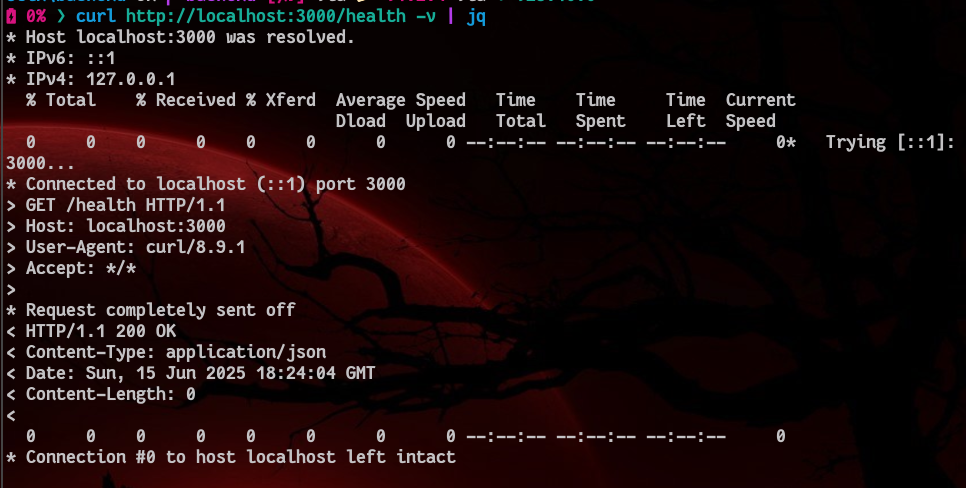Changing the response in the middleware breaks it
As seen on the #Extending the Context type , I'm trying to do an
But, when I add the created
See response information on image
arriValidator@arrirpc/schema But, when I add the created
arriValidatorSee response information on image
